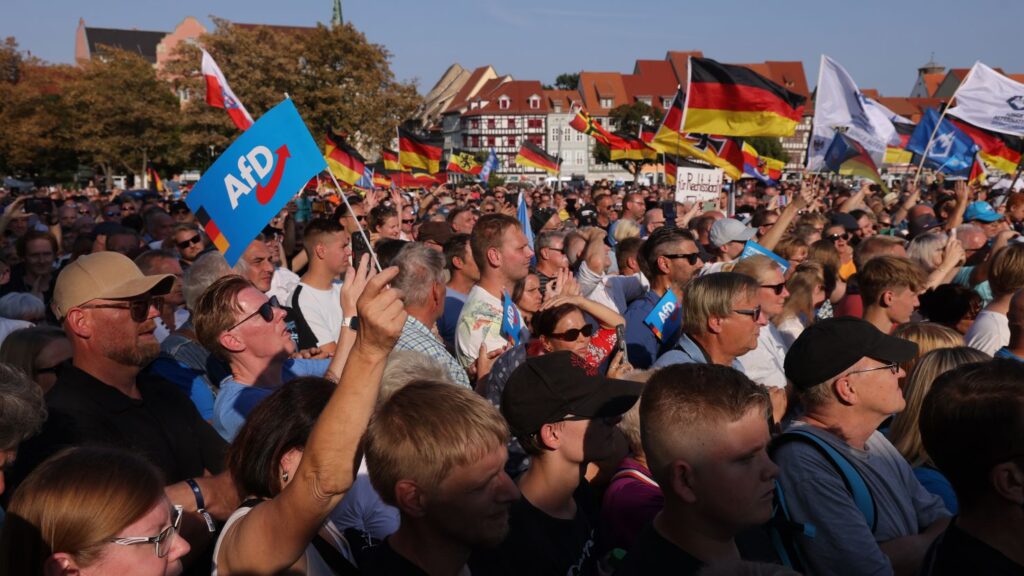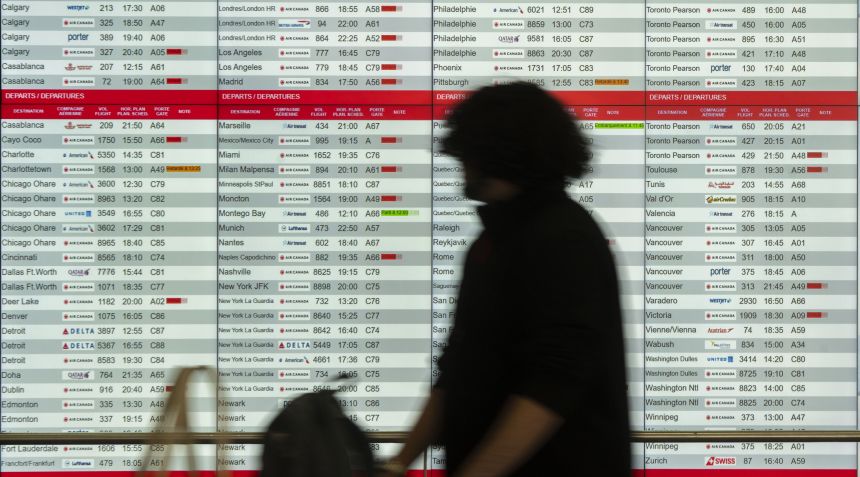The far-right Alternative for Germany (AfD) is now Germany’s largest opposition group and even topped several opinion polls – briefly putting it ahead of now-Chancellor Friedrich Merz’s center-right party – in the weeks after February’s federal election.
At the same time, the AfD is facing growing calls for an outright ban, most recently from another major political party.
In May, the country’s domestic intelligence agency formally classified the AfD as an extremist entity that threatens democracy. In a 1,100-page report, the Federal Office for the Protection of the Constitution, or BfV, also laid out its findings that the party was racist, anti-Muslim, and devaluing of “entire segments” of Germany’s population.
That move, which enables the BfV to better monitor the group , has reignited attempts to impose a ban, despite the party claiming a significant 20.8% of the vote in February’s national election – the best performance by a far-right party in the country since World War II.
The AfD has also enjoyed very vocal support from the Trump administration, with Tesla billionaire Elon Musk – who has since left his position in the Department of Government Efficiency (DOGE) – urging Germans to vote for the party in the run-up to the election. More recently, both US Vice President, JD Vance, and Secretary of State Marco Rubio have criticized Germany’s decision to classify the AfD as extremist.
Continue reading the complete article on the original source



